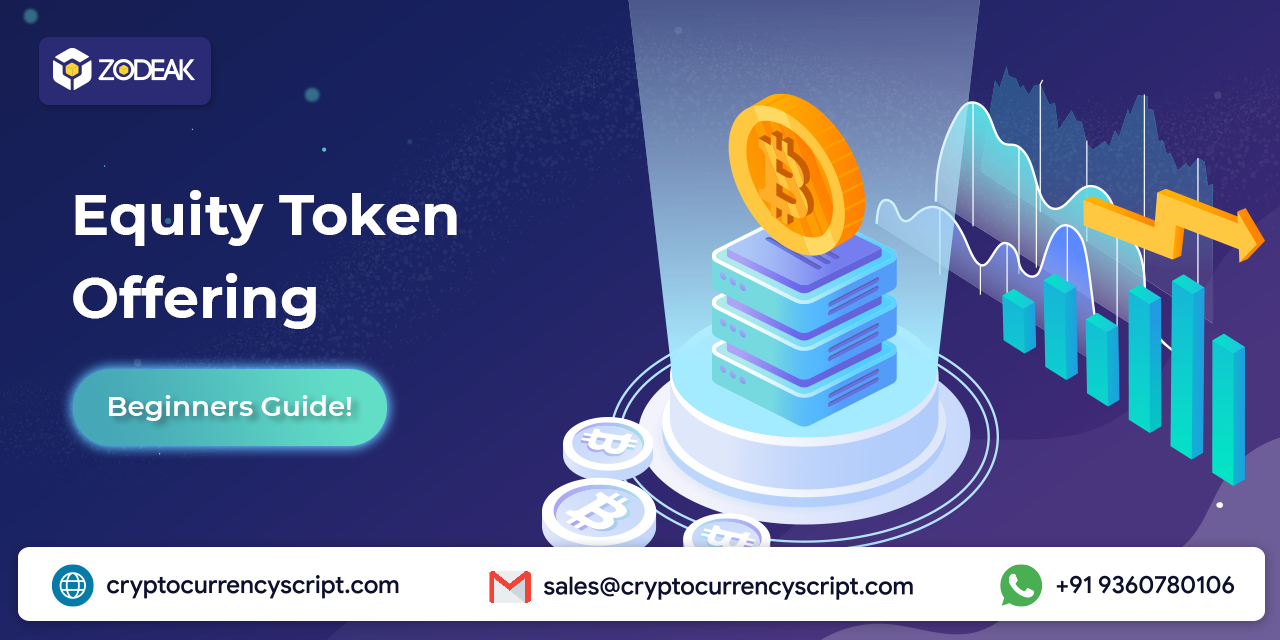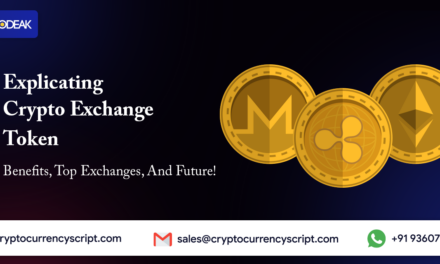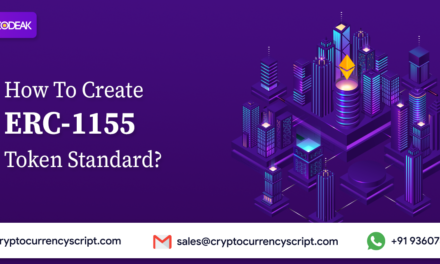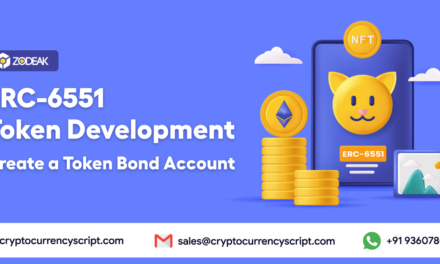An equity token is a collection of several blocks(encrypted data) that function as an equity certificate on the blockchain. Equity tokens include the same contractual information as book-form or traditional equity certificates. But they are kept on a distributed ledger as opposed to a share register.
By employing blockchain technology and smart contracts to issue stock and voting rights on the blockchain, a company can be able to sidestep the traditional Initial Public Offering(IPO). Additionally, a lender can create debt tokens that stand in for the company’s debt and enable the buying and selling of loans in an environment with high liquidity.
An equity token is a kind of security token that represents ownership in an underlying asset. Typically the shares of a firm and is distributed during security token offerings (STOs). Like shares, the contract outlines the conditions that must be met. Moreover, dividends, voting rights, or both can be grants to the owner of an equity token. Similar to share certificates, contracts might include subscription rights, appraisal rights, and other privileges. Furthermore, equity tokens might perform on the blockchain similarly to traditional shares and track their value. Equity tokens are referred to in this context as cryptocurrency derivatives, and they do not grant investors ownership of the securities.
Consequently, equity tokens are different from the majority of blockchain coins
available through Initial Coin Offerings(ICOs) in that they represent underlying assets in all instances, whether directly or indirectly. Regulators or investment banks may do due diligence on companies that sell equity through equity token offerings (ETOs) to make sure that the fundraising requirements are being met.
The purpose of equity tokens, their advantages, and the process of selling equity through ETOs are all covered in this blog…
Equity Tokens: Why Were They Created?
To avoid ICO fraud and replace the conventional method of raising capital through initial public offerings (IPO), equity tokens were created. Tokens distributed through Initial coin offerings (ICOs) bear a resemblance to financial instruments. Equity tokens might be considered transferable assets due to their digital depictions of underlying securities like stocks, and derivatives. For example, the European Union’s markets in the Financial Instruments Directive II (MiFID II) mandate that companies get a License before issuing them in a security token offering(STO). To comply with MiFID II rules, companies taking part in the STO must also determine if they offer any investment services or activities relating to the security tokens.
The equity token’s ability to be sell in both public and private offerings is another benefit. Alongside this great freedom, there’s a chance to acquire investor rights such as taking part in the blockchain network’s development. Earning money is contingent on the token’s performance in the crypto market.
How Do Equity Tokens Become Issued?
Fundraising through the tokenization of the business’s assets in a private sale is one method of creating this kind of security token. Tokenized shares may also be made available through a public token sale in the early stages of a seed round. Because of this, the token needs to be listed on the equity token market.
Private Token Sale
Upon the company’s sale to another company or when it goes public, venture capitalists(VC) companies receive payment for their stock or ownership stake in startups. Nevertheless, Solana did not give up any ownership when they got over $300 million from Unique Square Ventures and Andreessen Horowitz, also known as a16z. Rather, in an increasingly common practice among blockchain businesses, they conducted a private token sale in which they sold Solana tokens to their venture capital backers.
Young blockchain-based enterprises can benefit from venture capital funding without having to give up control through private token sales. VC firms make a tidy profit concurrently from staking, holding, and reselling the tokens. Thus, this partnership is advantageous to both sides.
Offering tokenized stock to the public requires many steps to be taken. For equity tokens to run buy and sale campaigns for shares or securities must abide by each nation’s ETO laws.
Pros And Cons Of Equity Tokens
Equity tokens come in handy when the necessary capital quantity isn’t raised during an ETO through a private sale. However, it does have certain difficulties, some of which are mentioned below…
Pros Of Equity Tokens
- Equity tokens are secure options because of their strict regulation and resemblance to a standard stock offering. With the help of these tokens, you can exert, keep, or assign control. For example, buyers can choose whether or not to be involved in the decisions made by your company or activity when assets arising from the issuing of equity tokens are sold.
- Equity tokens will hold their worth for as long as the company that obtained funds through an ETO is in business. Additionally, equity tokens let investors support businesses using blockchain technology while abiding by the legal requirements of the issuing country regulator. It also gives business owners a fresh approach to financing innovative products.
Cons Of Equity Tokens
- Certain jurisdictions prohibit the electronic representation of shares. The issuance of digital ownership certificates is contingent upon the local regulations on the particular type of organization attempting to issue tokenized equities. For instance, what is feasible in Germany might not be feasible in other countries, like the US.
- Furthermore, a lot of investors want to remain anonymous. And big investors need guarantees that all relevant information, rules, and regulations have been followed. They are also leery of blockchains because they make their investments and transaction values visible to outside parties. As a result, some of them might object to having a blockchain private key control their shares.
What Aparts Equity Token Offerings From IPOs and ICOs
The advantages of an IPO, an ICO, and a VC round are all combined into one investment vehicle called an Equity Token Offering. To raise money from the general public, both IPOs and ETOs must abide by the legislation of the respective jurisdictions. Equity tokens confer crucial rights akin to equity to both issuers and investors. In addition to receiving additional funding for marketing or development initiatives, the entire enterprise is transparent and lawful. Investors acquire real equity ownership with dividend rights in a thriving, growing firm at the same time.
An Equity Token Offering is more cost-effective and time-efficient for issuers and prospective investors than an IPO. Issuing tokenized shares through an ETO is faster and less expensive than going through an IPO. Take anywhere from 6 months to over a year, depending on the firm and its advisors. An ICO and an equity token offering are not the same thing. An ETO is intended for established businesses that want more funds to expand. The ability to establish a profitable business has already been shown by an Equity Token Offering issuer. And tokenizing a company is just one more step in the process of laying the groundwork for future expansion. On the other hand, ICO projects are created when individuals band together intending to obtain funding for developing initiatives.
Conclusion
For blockchain-based projects, crowdfunding platforms that can satisfy institutional and retail investors while adhering to local rules are necessary for ETOs to be a profitable method of funding. Furthermore, reliable and knowledgeable broker-dealers must be accessible to locate and provide tokenized assets to eligible investors to protect investors and ETO and ICO development company from fraud.
It will be interesting to see how the blockchain-based fundraising industry grows in the upcoming years. It will eventually supplant traditional initial public offerings (IPOs) as the token economy grows and international regulators draft cryptocurrency laws.





